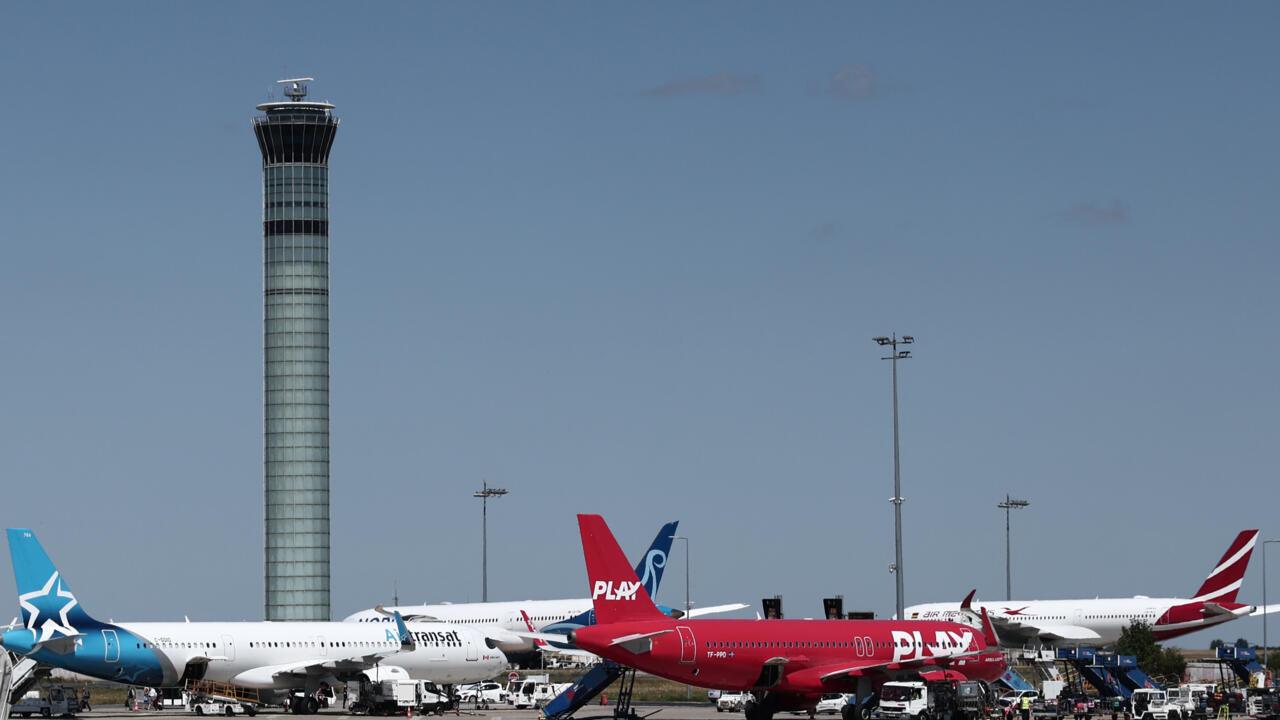Understanding the French Air Traffic Controllers Strike

Introduction to the French Air Traffic Controllers Strike
The ongoing strikes by French air traffic controllers have raised significant concerns in the aviation industry, affecting flight schedules across Europe. This is not just a local issue; as air traffic control plays a pivotal role in the seamless operation of international air travel, disruptions in France can lead to a domino effect on flights globally. With policymakers and airline executives scrambling to mitigate the impact, understanding the underlying causes of these strikes is more relevant than ever.
Background of the Strike
The recent strike began on October 3, 2023, with the French air traffic controllers union calling for action in response to proposed changes in working conditions and wages. The unions argue that these changes do not align with the current inflation rates and the increasing demands placed upon air traffic controllers. More than 50% of flights into and out of French airports have been affected, with many airlines reporting disruption in their schedules.
Effects on Air Travel
Airline companies have had to proactively manage cancellations and delays, with major carriers like Air France and Ryanair being particularly hard hit. Thousands of travellers across Europe have faced significant inconveniences, leading to protests and frustration at various airports. Moreover, the strike has led to increased operational costs for airlines as they reroute flights and accommodate stranded passengers. The European Commission has been monitoring the situation, urging a swift resolution to avoid further chaos in the travel sector.
Government Response
The French government has expressed its commitment to resolving the situation, urging both sides to return to the negotiating table. In a recent statement, the transport minister indicated the necessity of balancing labor rights with the operational needs of air traffic management. Stakeholders are aware that prolonged disruptions could hinder the recovering tourism sector as Europe moves towards peak holiday seasons.
Conclusion: Future Implications
The French air traffic controllers strike serves as a crucial reminder of the vulnerabilities in modern air travel amidst ongoing economic pressures. As similar issues arise within other sectors, this incident underscores the significance of effective communication and negotiation between labor unions and government authorities. Looking ahead, if the strike persists, we may witness an increase in travel costs and a potential shift in public confidence regarding air travel safety and reliability. Travellers should stay informed about the situation to make better travel plans.
